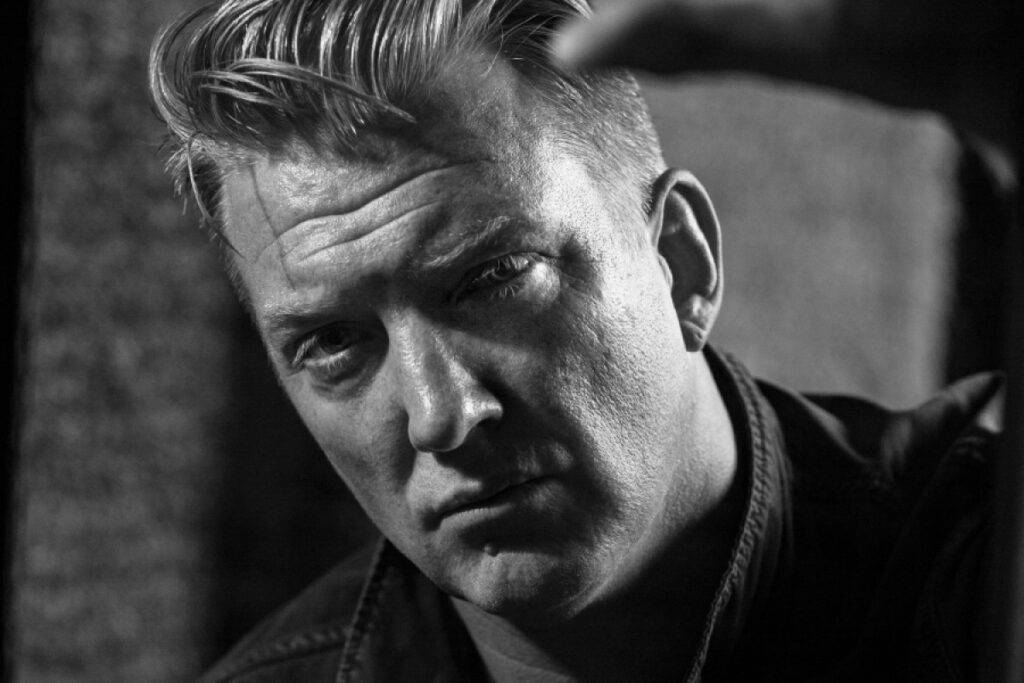
Josh Homme on the Power of Desert Sessions and Waiting for Them Crooked Vultures
With two new volumes of super jams, the Queens of the Stone Age frontman says he has a new handle on his creativity
By KORY GROW
Josh Homme discusses his new Desert Sessions LPs and hints at what’s keeping Them Crooked Vultures from reuniting.
Andreas Neumann*
Queens of the Stone Age frontman Josh Homme led his first “Desert Session” in 1997, a year after he left stoner-metal firebrands Kyuss, when he invited members of Monster Magnet and Soundgarden, among others, together for an improvisational jam in Joshua Tree, California. After that, he regularly organized different groups of musicians to record whatever came to them and put out 10 volumes of their recordings through 2003.
Now, after a 16-year break that saw him playing with the Queens and Them Crooked Vultures and producing Iggy Pop, he gathered together a new ensemble for two new volumes — Volume 11: Arrivederci Despair and Volume 12: Tightwads & Nitwits & Critics & Heels — which recently came out. His collaborators this time include Billy Gibbons, Les Claypool, Scissor Sisters’ Jake Shears, Warpaint’s Stella Mozgawa, actor Matt Berry, Matt Sweeney, and the enigmatic “Töôrnst Hülpft,” whose identity is a mystery, among many others. The music ranges from cool electro-rock (“Move Together”) to ironic disco-funk (“Chic Tweetz”). Homme says the project helped him to cleanse his palate.
“Desert Sessions are such a great recharger of your artistic battery,” he tells Rolling Stone on a sometimes freewheeling, sometimes contentious call from his home. “I’ve been trying to do these for a while and life gets in the way, but after touring the last Queens record for a while, I just thought this would be such great recharging. I think that’s kind of what pushed me over the cliff this time.”
Is it easy to get a Desert Session going?
It takes a second to explain the idea to people. Like, “OK, we’re gonna go out to the desert and improvise music, not, like, get stoned and just have a big long jam. It’s not like that.” It’s more like going to Joann or Michaels and picking up supplies and going crafting. And that idea of using that to create a kind of genre-busting mixtape … it takes a second to explain.
In the 22 years, you’ve been doing Desert Sessions, has anyone ever said no?
There have been a few people that have told me that they can’t because of their schedules. And I believe that, so that I don’t go in my room and cry from hearing “no.”
How do you establish a vibe? Do you just put on some incense and let it go?
Yeah, we all get into like, “Hawaiian Shirt Friday,” when everyone shows up [laughs]. I think one of the keys is not to try to force something. The goal is to go out and represent yourself naturally and collaborate. The positive version of getting to know somebody is that someone may show up at 8 at night and there’s something already going on, and they don’t really know some of the people that are there. But when you’re tinkering over the same art together and investing that time and energy, you get to know someone really quick. And the next day at breakfast, in many cases, you know more about that person than you do about people you’ve known for 20 years. You have to be vulnerable and invest emotion and kind of move at the speed of inspiration in order to get somewhere. And that is a contagious thing.
How was it collaborating with Billy Gibbons on this, this time?
I’ve known him for a long time, and he never walks into a room and tells you what he does not like, which is wonderful. You feel like you’re conspiring with him to discuss the things you love the most that you just found. And so he and I have this easy rapport from before.
But the guy who owns the studio, his name’s Dave Catching, and he’s a bit of a Cupid himself for introducing people. One day, I said, “Hand me that looper over there, and turn it on, would you?” And he turns it on, and it’s the underlying loop of “Move Together,” the first song [Billy and I wrote] together. It was a starting point. I went outside and Billy was out there looking at the view, drinking a Modelo and the second he heard that kind of crippled loop, it was on. And he ended up singing all the stuff he sang just over that loop having no idea what the rest of the song would become. So the first time he heard the tune, he’s hearing everything else for the first time. So it’s cool to like watch someone’s face after you’ve reframed what they did. And I think on this Desert Sessions, that song is a great example of sort of genre-busting lawlessness that gets the details to make it good.
What about working with Les Claypool?
Well I’ve always been a fan of Les because he seems to be able to shape shift with such a wide berth. Primus, which is such an eccentric band, that’s in its own world; to playing with Tom Waits, that’s such a wide swing. His ability to play something vital no matter what you’re trying to do, is incredible. For me, the only way you actually really learn anything is from the spark that happens from the collision of collaboration. I don’t need to personally be playing on everything to enjoy it.
Are there songs on which you don’t play on this?
Yeah. For example the tune “Something You Can’t See,” I drank a little bit that night and went to bed early, and when I came the next morning, that was there. I mean my first reaction is, “Wow, I need to drink and split more often.” And that’s a tune where Jake Shears is singing. I ended up playing bass, because there wasn’t a bass on there, but that’s one of those tunes where the subject matter is also Jake singing about the experiences of moments of loneliness and confusion from a gay man, on what sounds like an FM rock hit-song to me, this combination of things just doesn’t come up that often. I played bass, but I would make tea to just be close to that situation.
Let’s talk about one of the album’s more unusual collaborators. How did you come up with this character of Töôrnst Hülpft?
Well actually, that’s a person [laughs]. Matt Berry was gonna come by, and when he showed up, Stella [Mozgowa] showed up at the same time for something completely unrelated, and I thought that Töôrnst came with Matt. It took about an hour-and-a-half before I was like, “Wow, where’d you meet this guy?” And he was like, “I didn’t bring him.” I don’t know how much you know about Matt Berry, but no matter what he says I’m sort of entranced by the sound of his voice. But that realization that Matt didn’t bring Töôrnst either… I mean, ultimately then he came with Stella. But that confusion for a moment, while we’re actually recording — ’cause that song came together in 15 minutes — it is one of the more interesting [moments]. It gave me a sort of lump in my throat for a sec, like, “Oh, we invited a complete stranger over to my studio.”
But also, I think there’s something important about that song. It would be easy to say, like, you go out to the desert and jam and that the takeaway could easily be pretentious, moi. But I also think that when you’re willing to sort of not take yourself too seriously, there’s a certain amount of artistic risk by doing something willfully stupid and catchy, that’s a lot harder than it seems. I do think a childish, catchy, ridiculous, un-self-aware, mindless tune is a total necessity for something like this.
OK, so what can you tell me about Töôrnst Hülpft, if this is a real person?
Uh, well, [he’s] a strange person that came with Stella that, I guess, they have a mutual friend, and is willing to do something kind of goofy where, in all honesty, when you don’t know somebody, when that’s what came out of his mouth it’s like … As someone that’s a huge fan of Ween, and like I said, that willfulness to do something you know is a bit boneheaded — I just enjoyed that time.
There’s been speculation on Reddit that it’s a pseudonym for Trent Reznor or Dave Grohl. It’s pretty amusing.
[Laughs]. Well, I do think that mystery is one of the true joys of this.
Since I mentioned Dave Grohl, what’s up with Them Crooked Vultures recently?
The ironic thing is that we all want to do another Vultures record and I think everyone has certain roles they play in the Vultures, and in all honesty, I feel like part of Dave’s role — since he got it together the first time by saying, “Hey, do you wanna try this?” — I feel like that’s part of in his job description in Vultures. I have my various things that I’m supposed to do I think, but that isn’t one of them. But I’m always ready to be in Them Crooked Vultures again. I don’t chase, you know?
Yeah, but you do put together Desert Sessions.
Well, you say, “chasing,” but I just invited people, and if they say, “No,” I don’t say, “Well, you really should rethink this.” I think coming of your own free will is way up on the priority list for Desert Sessions.
Well, I will cross my fingers and hope that something with the Vultures does come together.
Me, too. I think, ultimately, these things happen when they’re supposed to, and I don’t have much experience in forcing things to happen like that. When you’re playing music, people come together because they want to and not from a sense of need or desperation. I think that’s the best reason to come together.
It’s been about a year since Queens of the Stone Age have been off tour. You performed at the Chris Cornell tribute and appeared with Jack White. What else have you been doing?
My wife Brody has been busy doing stuff, and I also have three short people that live in my house that I’ve been enjoying spending time with. And frankly, I think sometimes the best thing you can do is just watch and enjoy, not participating and just trying to get a lay of the land, see where you don’t belong and then go there.
What do you mean?
Well, I call it “unsupply, undemand.” If you hear a certain style or a certain thing that you’ve got plenty of, you certainly don’t need me to do that. And I like to go where it feels like everyone else isn’t, if possible. It just feels like a good starting point. So just hanging back, and just watching things and enjoying music as a fan for a while.
It has been a couple years now since you made headlines for kicking a photographer. What did you learn from that whole experience?
Well, that’s really just a very insignificant part of all the things I’ve done in my life. I think in the time frame, certainly much more was made of it than necessary, and I think people take things and they run. And it’s not like anyone was going to listen to what I had to say, so I didn’t say really anything. And I don’t see the real reason to do it now.
No?
Of all the things I’ve done in the world, is that really … that’s something that you’re considering defining? I don’t know.
Because you didn’t say a lot at the time and because time has passed, I didn’t know if you wanted to address it.
Well you have to presuppose if I wanted to, I would’ve. And also, people just take something and run, and what actually happened really doesn’t matter when folks get something and things catch fire. It wasn’t as big a deal as it was made out to be, nor is it significant for my life out of all the things that have happened.
Well, we could talk about it some more if you’d like. You could explain why if you wanted to, but you’re saying you don’t want to.
Yeah.
It’s sort of a Catch-22.
It’s not that at all.
OK, I’m moving on.
I’m waiting for you to start.
To end with, do you think you’d ever take Desert Sessions on the road in some fashion?
It would be fun, but it also demystifies it a little and brings it a little closer to normal for people that are involved. You know, there’s a lot of logistics stuff for me to create an environment that seems relaxed and is kind of relatively protected in a way. But I don’t really want to then be the band leader of that and say, “OK, people let’s start to rehearse.” That’s not the point of it. Plus, I think it’s good to have things where someone says, “It would be so cool if you played,” and then not do those things. I think it’s a good exercise every once in a while to just let something be what it is and not try to force it to be something more.

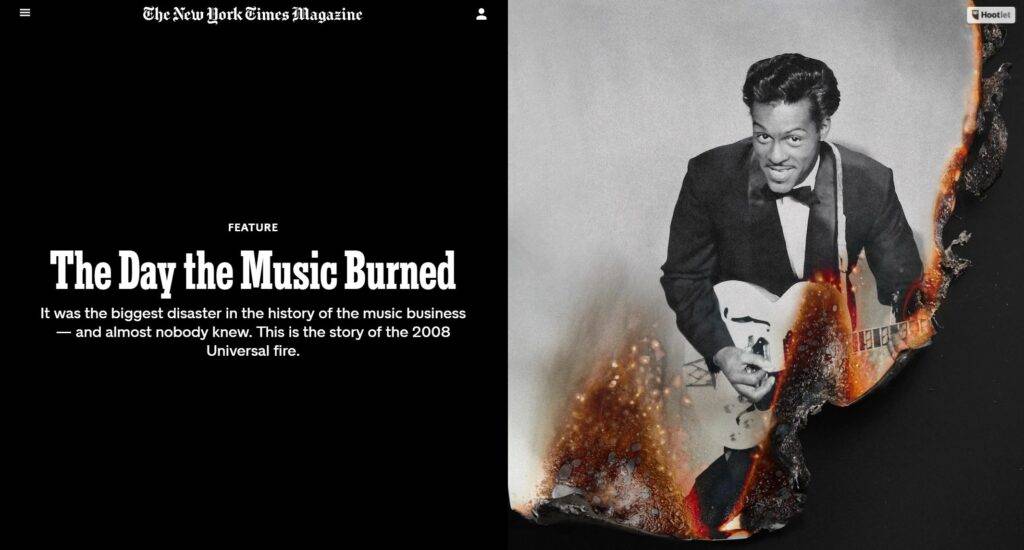
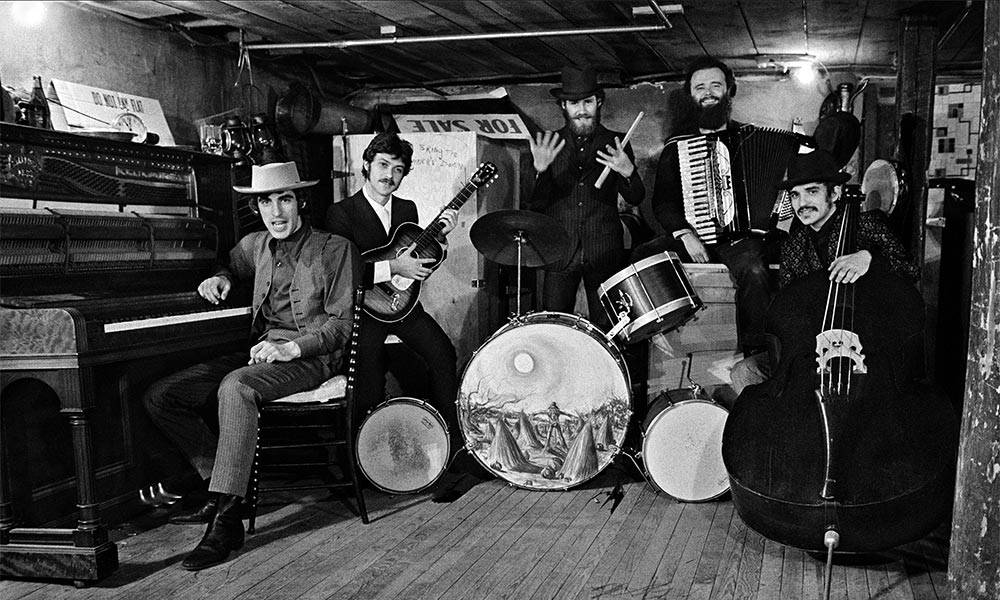

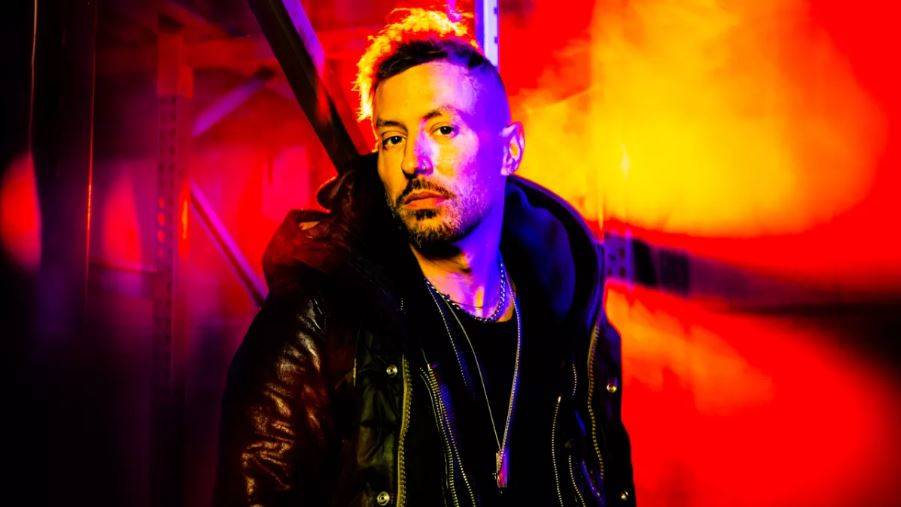
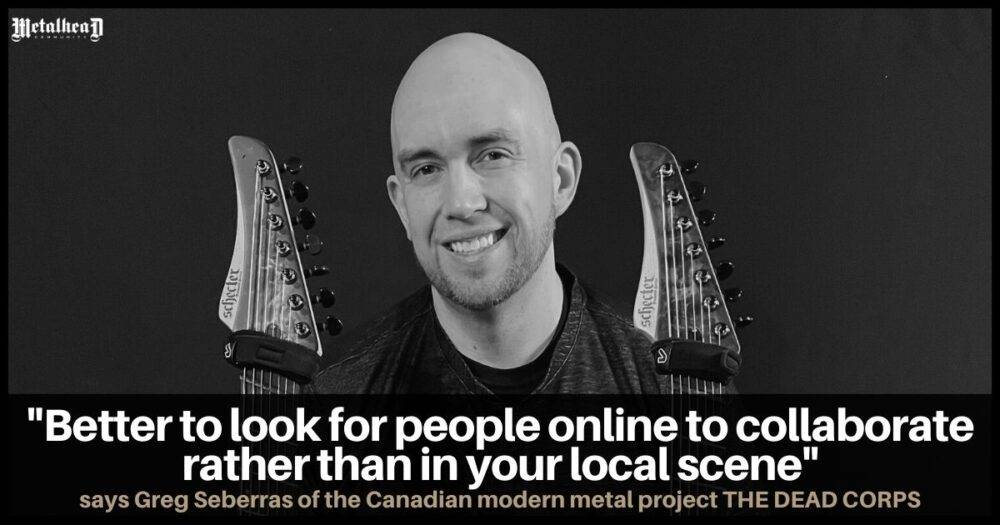
Responses